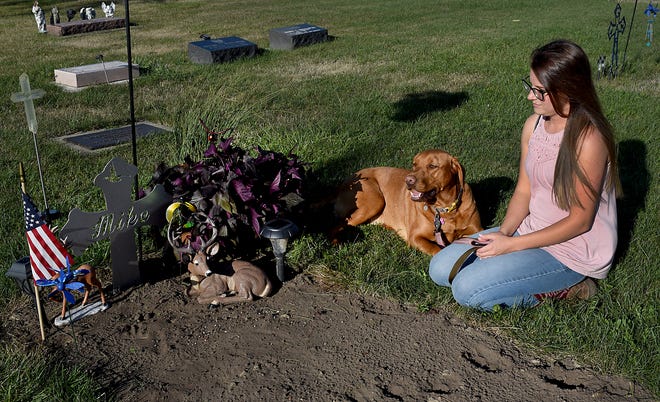The profound journey of a suicide survivor who bravely shares her story of healing after experiencing the devastating loss of a loved one. This powerful narrative aims to offer solace, understanding, and guidance to individuals who have faced similar circumstances. Through a combination of personal anecdotes, therapeutic strategies, and the resilient spirit of the survivor, we hope to provide a comprehensive resource that will assist and inspire those who are on their own path to healing.
The Impact of Suicide Loss
Losing a loved one to suicide is an unimaginable tragedy that leaves behind a profound impact on the survivors. The grief experienced by these individuals is often complex, encompassing a range of emotions such as guilt, anger, confusion, and immense sadness. Understanding the unique challenges faced by suicide survivors is crucial in order to provide them with the support and empathy they need during their healing journey.
Embracing Vulnerability and Seeking Support
One of the essential steps in the healing process is the ability to embrace vulnerability and seek support. The survivor emphasizes the importance of acknowledging and expressing emotions openly, as this can lead to a healthier and more authentic healing experience. By reaching out to support networks such as family, friends, support groups, and mental health professionals, survivors can find the solace and understanding they require to navigate the complexities of grief.
Therapy: A Lifeline in the Healing Journey
Therapy plays a pivotal role in the healing process for suicide survivors. It offers a safe and non-judgmental space where individuals can explore their emotions, process their grief, and develop effective coping mechanisms. Through therapy, survivors can gain valuable insights into their own healing process, discover new perspectives, and learn to rebuild their lives in the face of immense loss.
Individual Therapy
Individual therapy provides a one-on-one setting where survivors can work closely with a compassionate and skilled therapist. This form of therapy focuses on addressing personal challenges, facilitating healing, and empowering individuals to find meaning and purpose in their lives once again. By establishing a strong therapeutic alliance, survivors can embark on a transformative journey towards resilience and hope.
Group Therapy
Group therapy offers a unique opportunity for suicide survivors to connect with others who have experienced similar losses. Sharing stories, insights, and emotions in a group setting fosters a sense of belonging and understanding. It allows survivors to realize that they are not alone in their struggles and provides a supportive environment where they can gain strength and find comfort in the presence of others who truly comprehend their pain.
Embracing Self-Care and Resilience
Throughout her healing journey, the survivor discovered the immense power of self-care and resilience. Engaging in activities that promote physical, mental, and emotional well-being proved instrumental in her path to recovery. From practicing mindfulness and meditation to engaging in creative outlets, she discovered the significance of nurturing oneself during the healing process.
Raising Awareness and Fostering Understanding
The survivor also became an advocate for suicide prevention and mental health awareness. By sharing her story, she aims to break the stigma surrounding suicide and encourage open conversations about mental health. Through education and understanding, she believes that society can collectively work towards creating a more supportive and compassionate environment for those struggling with mental health challenges.
In conclusion, the journey of a suicide survivor is one of immense pain, courage, and resilience. By sharing her story and the strategies that aided her healing, she provides a beacon of hope for others who have experienced similar losses. It is through vulnerability, seeking support, therapy, self-care, and advocacy that the survivor found solace and embraced life once more.

/https://tf-cmsv2-smithsonianmag-media.s3.amazonaws.com/filer_public/8d/39/8d39b7e2-7d1c-4ba7-b5e5-6b29e04d3735/sep2022_e08_istria.jpg)